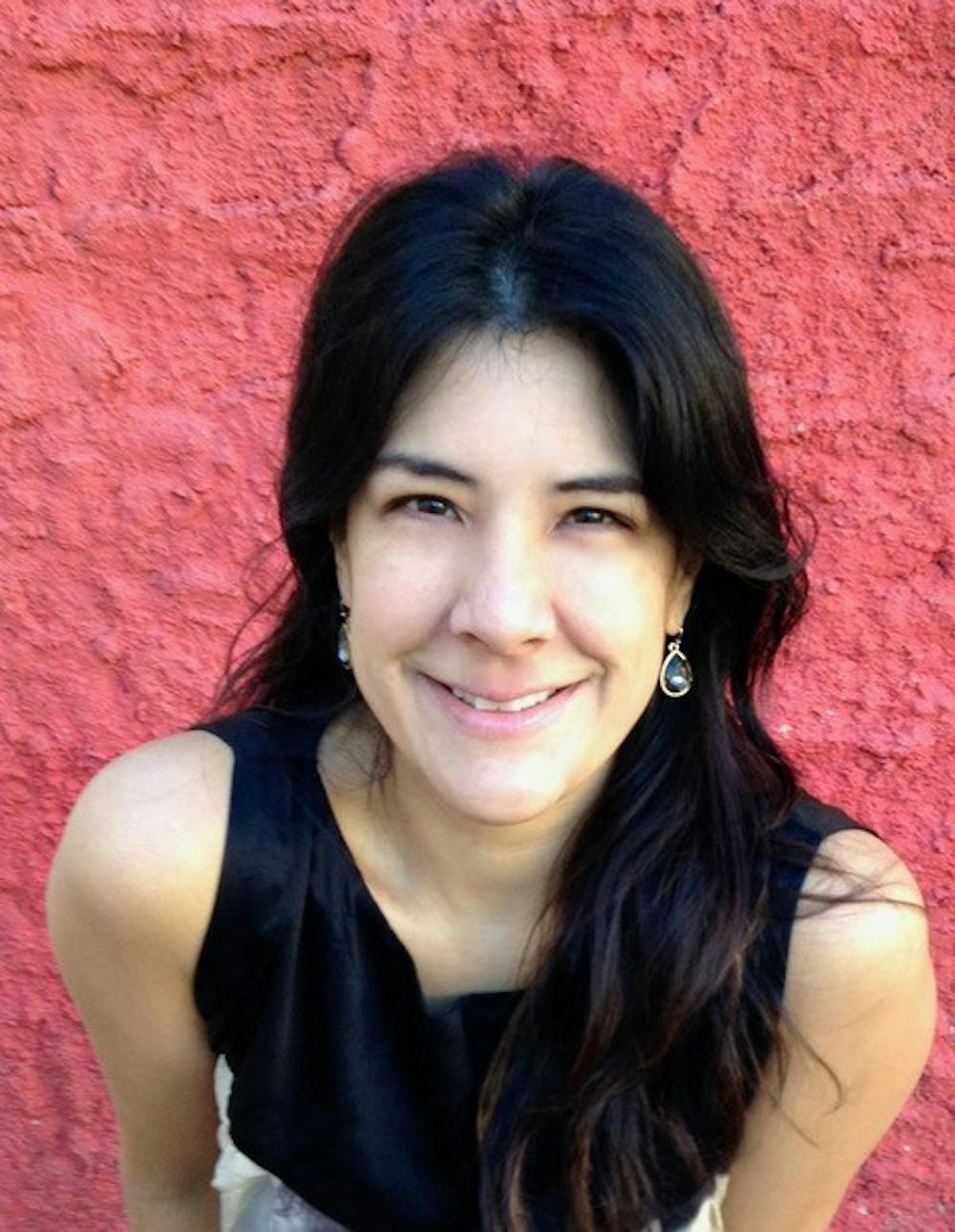Understanding the development of children’s numerical abilities
Do you remember the first time you took a shower by yourself without the help of your parents? When you first learned the concept of infinity? Or the day you first noticed that time is a continuous flow — that as you waited for the minute hand to move, dozens of seconds have already passed by?
The answers to these questions may vary. Regardless, it is an undeniable fact that throughout the developmental process, a person’s mind and way of understanding the world have been continuously developing since the time of birth.
Lisa Feigenson, a professor and director of graduate studies in the Department of Psychological and Brain Sciences, studies the mind of babies and young children.
Through her research, Feigenson seeks to understand the ancient question of nature versus nurture: To what extent are humans predisposed because of our biological inheritance to perceive things a certain way, and to what extent are these tendencies a result of our environment, such as our parents, teachers or our own efforts?
Feigenson commented on the topics surrounding these questions in an interview with The News-Letter.
“One way to make progress with the question is to study babies who don’t have a lot of experience with the world,” Feigenson said.
A recent finding of the Laboratory for Child Development, which Feigenson co-directs with Justin Halberda (who is also a professor in the Psychology department), illustrated that the preverbal babies have a sense of numbers before they are taught the concept.
Number sense is a basic ability that humans share with other species. In essence, it comprises of the ability to represent numbers in a noisy and inexact way. For example, if there is a crowd of 103 people, we could give a rough estimate of, say a hundred. However, an adult could also count and tell you the exact number of people in the crowd. On the other hand, a baby or a monkey would not be able to because all they have is the messy number sense.
“This primitive ability [number sense] is connected to our uniquely human quality of symbolic math,” Feigenson said. “We found that babies with better non-verbal number sense are later better at symbolic mathematics and precise number systems.”
While babies have the ability to develop the precise integer system, they have not yet learned to do so. In fact, in some non-numerical cultures that lack numbers in their language, babies will never get to develop the precise number system.
Feigenson shared how such skills can be developed.
“We also found that there are things we can do to sharpen your sense of non-verbal number sense,” she said. “Does this have an educational implication? Or should we be taught to do these things? It is too early to decide.”
Moreover, Feigenson stressed, her research is driven by a desire to learn about how children understand the world. Although learning about the mind as an aspect of the natural world can also have application and utility later on, what really drives Feigenson’s research is her curiosity.
It is perhaps assumed that a distinguished researcher like Feigenson — a recipient of the Troland Research Award in 2015 — must have known what she wanted to do from the beginning. However, she shared that her initial involvement in psychology was accidental.
“I always liked psychology and thought that the human mind was interesting. However, being fascinated is one thing and to do it for the rest of your life is a different thing,” Feigenson said.
What really pushed her to take a serious interest in psychology was an invitation her parents received from the child developmental lab at her college.
“One day, the lab called my parents to ask if they would like to bring my younger sister (who was 4 months old at the time) to the lab for a study,” Feigenson explained.
Feigenson brought her sister to the lab and ended up talking to the graduate students who told her about the lab’s research. She was mind-blown upon hearing about how the lab studies infants’ minds, through methods such as observing how long they look at certain objects. After that day, she found herself thinking about the conversation constantly. Eventually, she decided to knock on the door of a professor to ask if she could be involved in research.
“It is important to know that universities are not just about providing you with a great classroom experience but also to provide you with the opportunity to engage in real hands on experience,” Feigenson said.
As an advocate for student involvement in research, Feigenson pointed out that she sees research as a great chance to try different things, which helps students realize what they are really interested in and what they are not interested in.
“When you work in a lab, you are not only learning what it is like to do research but also finding out something nobody else has been able to do before.” Feigenson said. “It is really worth it.”





